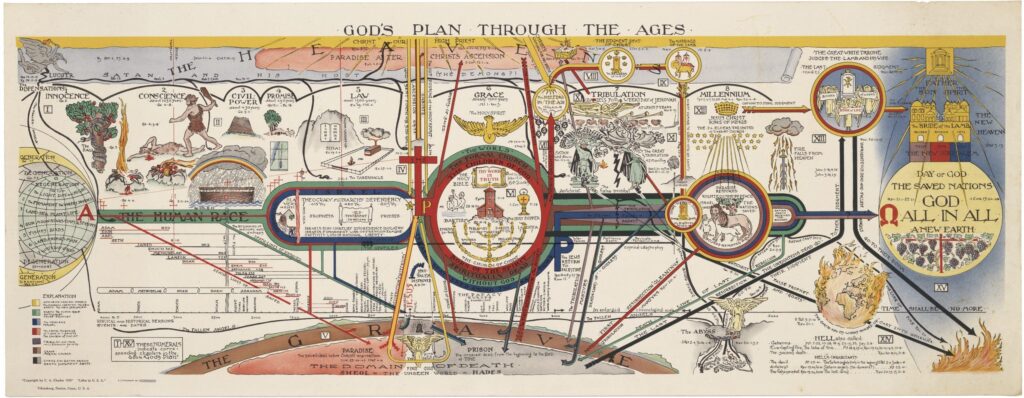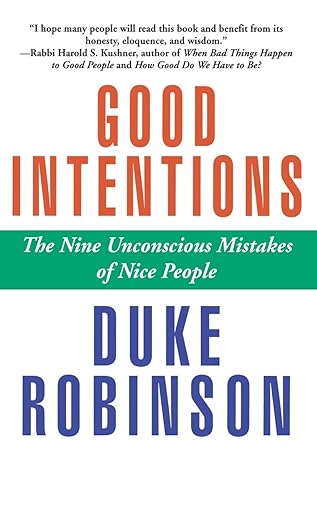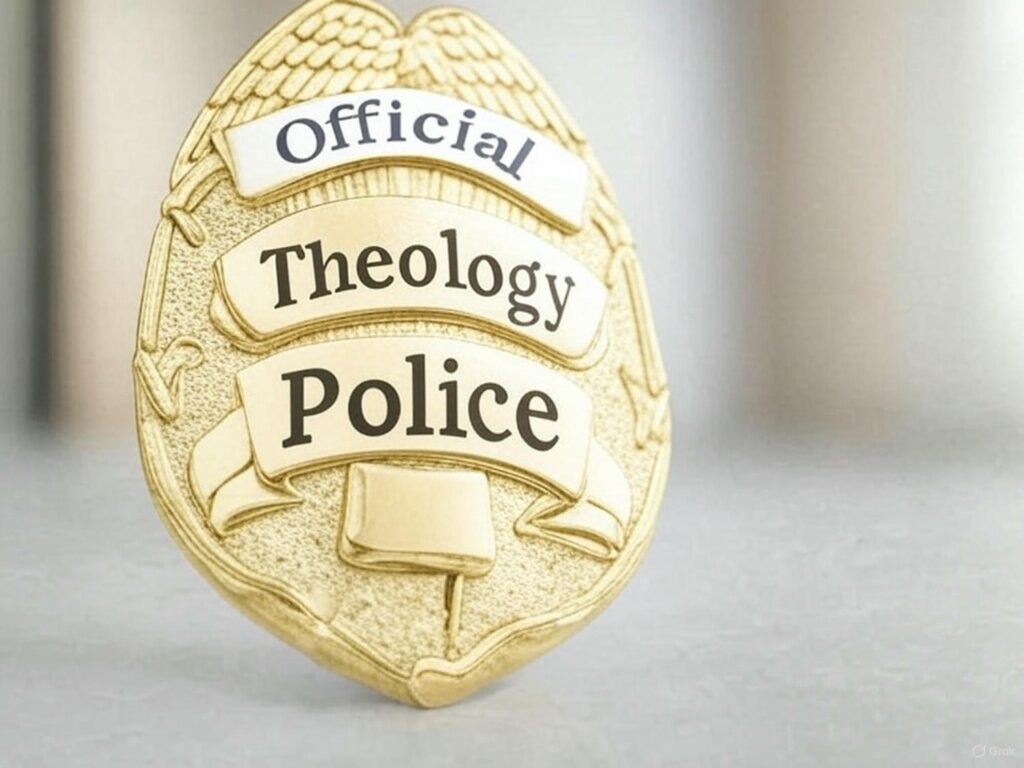
The Five Disastrous Effects of Dispensationalism on the Church
1. By pushing the kingdom of Christ into the future, it robbed the Church of the motivation to push back darkness and transform cultures; and robbed the Church of any expectation of victory or lasting progress in this era.
2. By pushing the kingdom of Christ into the future, it, by default, left the Church with the assumption that Satan was still legitimately authoritative in this world, and will not be stripped of his authority until the physical return of Jesus. (This, in direct contradiction of Eph. 1:20-23; Eph. 2:1-2; Col. 2:15; Heb. 2:14-15; and 1 John 3:8.)
3. By effectively (if not explicitly) maintaining a separate covenant status for ethnic and national Israel, it demotivated and even delegitimized sharing the gospel with Jewish people (something that would have surely caused the Apostle Paul’s head to explode.)
4. By elevating national and or ethnic Israel to the centerpiece of God’s redemptive plan for Earth it, by extension, demotes the Church to a sidenote or secondary (parenthetical) position. This in spite of the clear New Testament witness that the Church (comprised of believing Jews and believing Gentiles) was always God’s endgame in His redemptive plan.
5. By creating an imminent secret rapture, it has robbed multiple generations of Christians of the ability to think generationally. And short-term, short-time-horizon thinking invariably produces bad decisions.











